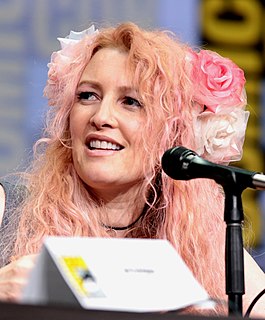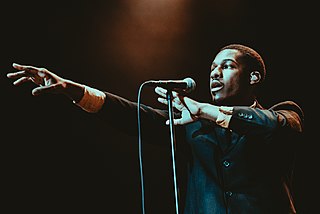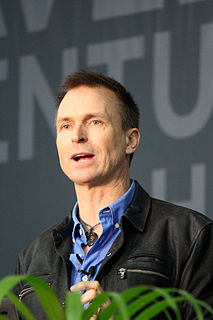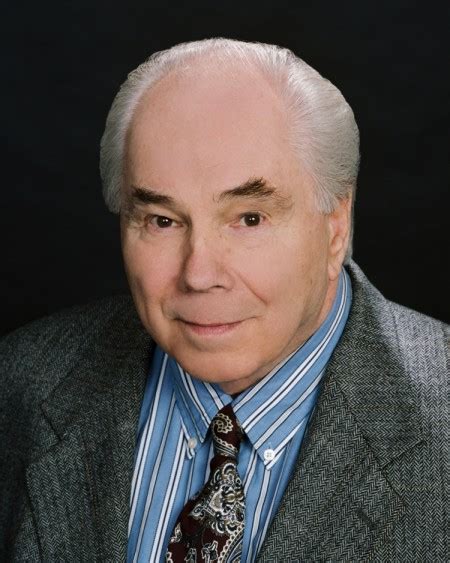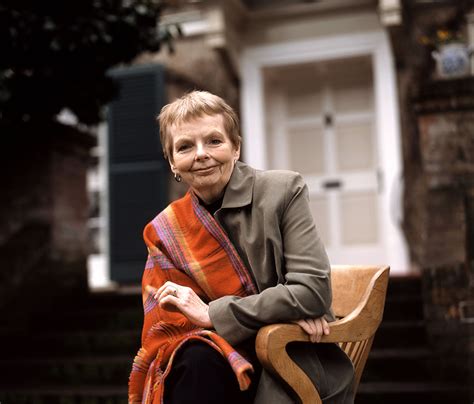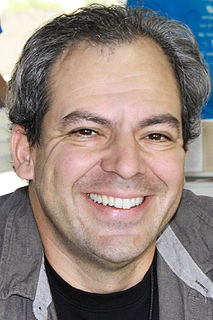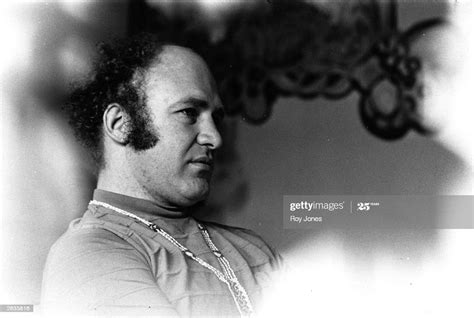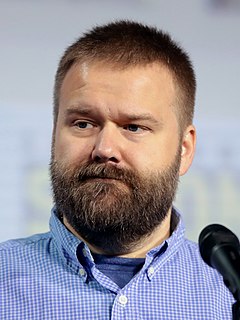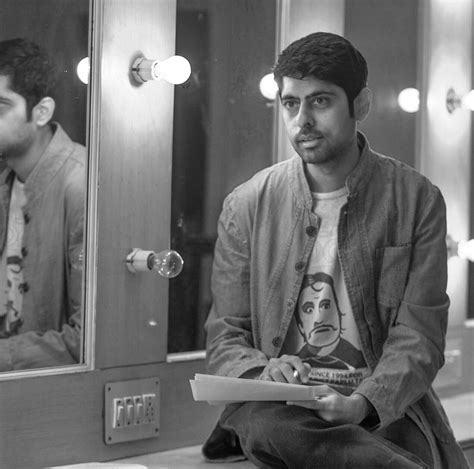Top 1200 Untold Stories Quotes & Sayings - Page 18
Explore popular Untold Stories quotes.
Last updated on December 23, 2024.
I can actually get involved in getting stories off the ground that no one would ask me to be in because I'm the wrong age, the wrong sex, the wrong nationality, or whatever. I've found it quite exhilarating to have that freedom to tell the stories that aren't just about middle-aged white English guys.
I think it's really important to champion stories from trans women and trans women of color. That demographic has gone unheard and unsupported for so long, and it's really the community that's struck the hardest by a lot of issues. I try to do a lot of work to champion trans feminine issues and stories, but that said, I do have a personal and deep investment in seeing trans masculine stories reflected in culture. It is a little disappointing to me that trans men and trans masculine people have not really been part of this media movement that we're experiencing right now.
There are recurring elements in popularized fairy tales, such as absent parents, some sort of struggle, a transformation, and a marriage. If you look at a range of stories, you find many stories about marriage, sexual initiation, abandonment. The plots often revolve around what to me seem to be elemental fears and desires.
People are, in the confines of their own apartments, becoming Magellans of the interior world and reaching out to this alien thing and beginning to map it and bring back stories that can only be compared to the kind of stories that the chroniclers of the New World brought back to Spain at the close of the 15th century.
Yet again, an ancient answer echoes across the centuries: Listen! Listen to stories! For what stories do, above all else, is hold up a mirror so that we can see ourselves. Stories are mirrors of human be-ing, reflecting back our very essence. In a story, we come to know precisely the both/and, mixed-upped-ness of our very being. In the mirror of another's story, we can discover our tragedy and our comedy-and therefore our very human-ness, the ambiguity and incongruity, that lie at the core of the human condition.
My own view on religion is that of Lucretius. I regard it as a disease born of fear and as a source of untold misery to the human race. I cannot, however, deny that it has made some contributions to civilisation. It helped in early days to fix the calendar, and it caused Egyptian priests to chronicle eclipses with such care that in time they became able to predict them. These two services I am prepared to acknowledge, but I do not know of any others.
the association of children and fairy-stories is an accident of our domestic history. Fairy-stories have in the modern lettered world been relegated to the “nursery,” as shabby or old-fashioned furniture is relegated to the play-room, primarily because the adults do not want it, and do not mind if it is misused.
It's the arrangement of events which makes the stories. It's throwing away, compressing, underlining. Hindsight can give structure to anything, but you have to be able to see it. Breathing, waking and sleeping: our lives are steamed and shaped into stories. Knowing that is what keeps me from going insane, and though I don't like to admit it, sometimes it's the only thing.
Religion is based ... mainly upon fear ... fear of the mysterious, fear of defeat, fear of death. Fear is the parent of cruelty, and therefore it is no wonder if cruelty and religion have gone hand in hand. My own view on religion is that of Lucretius. I regard it as a disease born of fear and as a source of untold misery to the human race.
Almost all of the stories in The Matchmaker, the Apprentice, and the Football Fan are told in the first person, yet, depending on the angle and distance of the narrator, they exert different effects. The best are those in which the speaker never poses as an objective outsider. (...) Other stories are damaged by the urge to distance the narrator.
Everything necessary to understand my grandfather lies between two stories: the story of the tiger’s wife, and the story of the deathless man. These stories run like secret rivers through all the other stories of his life – of my grandfather’s days in the army; his great love for my grandmother; the years he spent as a surgeon and a tyrant of the University. One, which I learned after his death, is the story of how my grandfather became a man; the other, which he told to me, is of how he became a child again.
When you're looking for stories or movies usually the great stories are about people in their 30s or 40s because they've lived more life and they're usually accomplishing more incredible things. But when there's an interesting story about someone that's your age, you immediately - especially when you're younger - are like, "Wow that's crazy! There's not very many of these."
For whatever reason, thus far it's been important to me not to write that kind of collection. Which means that I've spent months playing tic-tac-notecard, trying to get the stories in an order whereby stories that are similar in any given way (diction, narrative stance, setting, plot) are separated by others that aren't.
I think that comics and television, as mediums, go hand in hand. Both tell long-form, continuing stories that are parsed out into little chapters and, if are successful, continue for years and years. What that means to me, as a writer, is it tells stories of transformation and evolution as characters.
I think - since I was about 7 years old - that was when I was first introduced to the comics called 'Amar Chitra Katha' that are published in India. They're not about a superhero, but they encompass all the stories of India, the folklore, the mythology, everything. But most of these stories are about Indian historical figures.
Today's biggest headlines are stories about people who thought they were doing something that was secret: Jesse Jackson's secret girlfriend and child, Monica Lewinski's private meetings with the president and confidential girl talk with Linda Tripp. Just think of the news stories we've watched on television.
For many years now I have listened to the stories of people with cancer and other life-threatening illnesses as their counselor. From them I have learned how to enjoy the minute particulars of life once again, the grace of a hot cup of coffee, the presence of a friend, the blessing of having a new cake of soap or an hour without pain. Such humble experience is the stuff that many of the very best stories are made of. If we think we have no stories it is because we have not paid enough attention to our lives. Most of us live lives that are far richer and more meaningful than we appreciate.
And in that line now was a whiskered old man, with a linen cap and a crooked nose, who waited in a place called the Stardust Band Shell to share his part of the secret of heaven: that each affects the other and the other affects the next, and the world is full of stories, but the stories are all one.
What's neat about TV is you get really rich, an opportunity to tell really rich stories over the course of 20 hours. Film is cool because it's an hour and a half to two hours. You go on an adventure and by the end it's all cleaned up. Maybe in a franchise you have three chapters of a great story but in TV you can really get deep. You have more time to tell stories so I would definitely not rule out doing television in the future because I think it's a great medium for telling stories.

